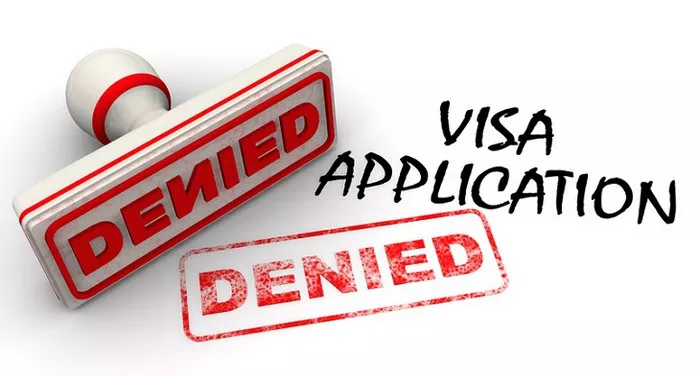Singapore, renowned for its dynamic economy, multicultural society, and vibrant lifestyle, attracts millions of visitors each year. However, not all who apply for a visa to Singapore are granted entry. Visa rejection can be a daunting experience, often leaving applicants perplexed and frustrated. In this article, we delve into the intricate reasons behind Singapore visa rejections, shedding light on the various factors that influence the decision-making process.
The Importance of Visa Approval
Before delving into the reasons for visa rejection, it is crucial to understand the significance of visa approval. A visa serves as an official endorsement, granting an individual permission to enter and stay in a foreign country for a specified period. For travelers, securing a visa is often a prerequisite for lawful entry into Singapore. A denied visa not only disrupts travel plans but also incurs financial losses and can tarnish one’s travel record, potentially affecting future visa applications.
SEE ALSO: 8 REASONS WHY SCHENGEN VISAS GET REJECTED
Reasons for Singapore Visa Rejection
Visa rejections can stem from various factors, ranging from incomplete documentation to security concerns. Understanding these reasons is essential for prospective travelers to mitigate the risk of rejection. Below are some common factors contributing to Singapore visa rejections:
1. Incomplete or Inaccurate Documentation
One of the primary reasons for visa rejection is incomplete or inaccurate documentation. Singaporean authorities meticulously review visa applications, requiring applicants to submit comprehensive and accurate documentation. Missing or incorrect information can lead to doubts regarding the applicant’s credibility and intentions, resulting in rejection.
2. Insufficient Financial Proof
Singapore imposes strict financial requirements on visa applicants to ensure they can support themselves during their stay. Insufficient financial proof, such as bank statements or sponsorship letters, may raise concerns about the applicant’s ability to sustain themselves financially, leading to visa rejection.
3. Lack of Travel History or Ties
Visa officers assess an applicant’s travel history and ties to their home country to evaluate the likelihood of overstaying or violating visa conditions. A lack of previous travel history or strong ties to the home country may raise suspicion and result in visa rejection.
4. Criminal Record or Security Concerns
Applicants with a criminal record or those flagged for security reasons are likely to face visa rejection. Singapore maintains stringent security measures to safeguard its borders and may deny entry to individuals deemed as security risks.
5. Overstaying or Violating Previous Visa Conditions
Individuals who have previously overstayed their visa or violated visa conditions may face rejection when applying for a new visa. Such actions reflect poorly on the applicant’s adherence to immigration laws and may result in visa denial.
6. Inconsistent or Unconvincing Purpose of Visit
Visa officers assess the purpose of the visit to determine its legitimacy and relevance to the applicant’s profile. Inconsistent or unconvincing explanations regarding the purpose of the visit may raise doubts about the applicant’s intentions, leading to rejection.
7. Lack of Genuine Intentions
Genuine intentions play a crucial role in visa approval. Visa officers scrutinize applicants’ motives to ensure they do not pose a threat to national security or intend to engage in unlawful activities. Lack of genuine intentions or suspicions of fraudulent motives may result in visa rejection.
8. Failure to Meet Health Requirements
Singapore imposes health requirements to safeguard public health and prevent the spread of infectious diseases. Failure to meet these requirements, such as obtaining necessary vaccinations or medical examinations, can lead to visa rejection.
9. Inadequate Travel Insurance Coverage
While not mandatory, having adequate travel insurance coverage is advisable when traveling to Singapore. Visa officers may view the absence of travel insurance as a risk factor, especially for longer stays or high-risk activities, potentially resulting in visa rejection.
10. Poor Interview Performance
In some cases, visa applicants may be required to attend an interview as part of the application process. Poor performance during the interview, including evasive answers or inconsistencies with the application, may lead to visa rejection.
Conclusion
In conclusion, Singapore visa rejection can occur due to various factors, ranging from incomplete documentation to security concerns. Prospective travelers must understand these reasons and take proactive measures to enhance their visa application’s chances of approval. By providing comprehensive and accurate documentation, demonstrating financial stability, and articulating genuine intentions, applicants can mitigate the risk of visa rejection and enjoy a hassle-free travel experience to Singapore.


